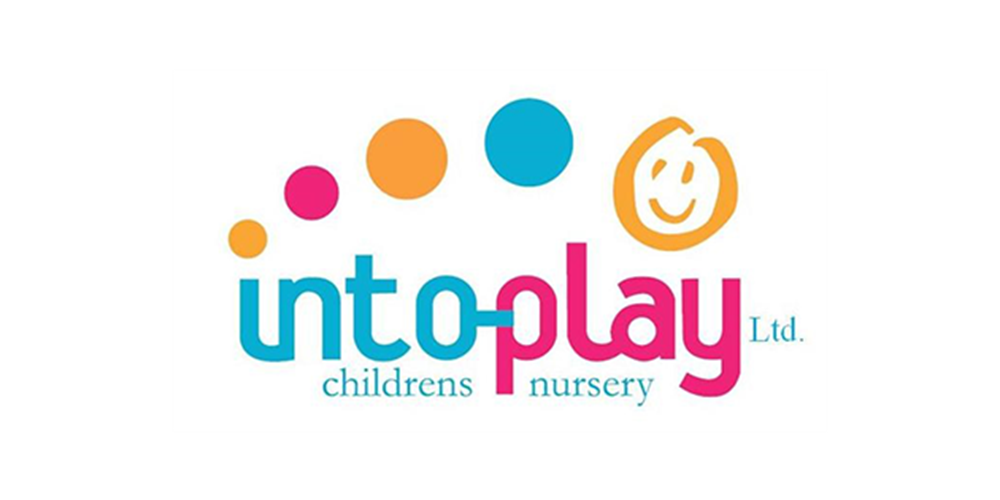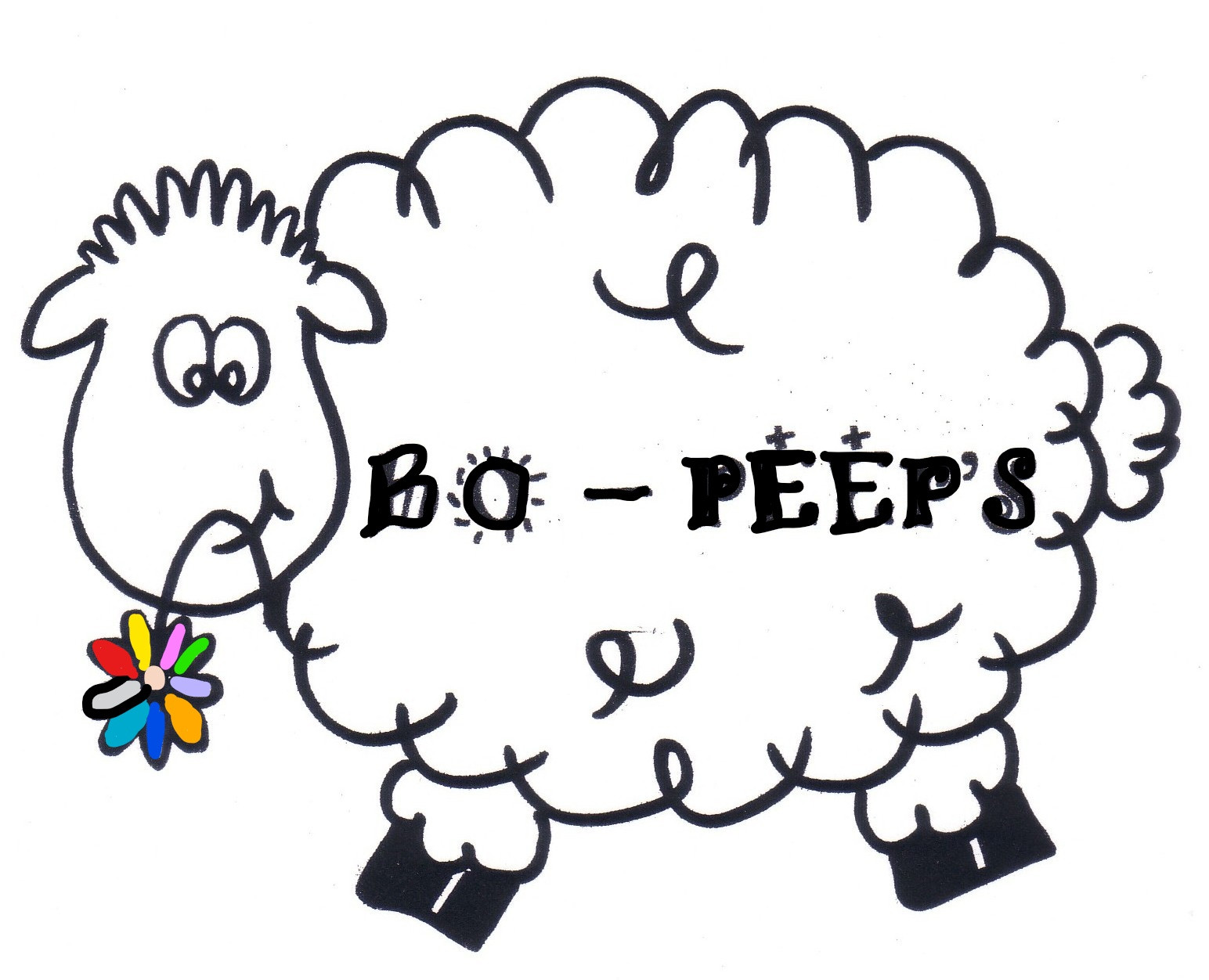This FREE nationally recognised on-line Level 2 qualification will equip you with a detailed understanding of mental health and mental health issues, the principles of the mental health care worker, approaches to care and management and the duty of care in adult health and social care, and change and support in relation to mental health. On successful completion you will receive an e-certificate.
This qualification is aimed at anyone looking to develop their understanding of mental health and the role of the mental health care worker. Throughout this course, the skills and knowledge needed to understand approaches to care and management in mental health, the duty of care, and the principles a mental health care worker is required to have will all be covered.
You can complete this course in as little as 8 weeks based on an average study time of 10-15 hours per week. However, please note that whilst our online courses are designed to be accessed at a time and a study pace to suit you and your existing commitments there are pre-set deadlines in place to ensure timely completion. These are flexible and extensions will be awarded on a case by case basis.
Unit 1: Mental Health and Mental Health Issues
In this unit, learn about an outline of mental health, including the concept as a whole, including physical and mental well-being, the common types of mental health problems and illnesses, including anxiety and depression, and the legislation and guidance that applies to those with mental health problems, including the Mental Capacity Act and the Care Act.
• Section 1: The concept of mental health
• Section 2: Common types of mental health problems and illnesses
• Section 3: The legislation and guidance that applies to those with mental health problems
Unit 2: Principles of the Mental Health Care Worker
In this unit, learn about the roles and responsibilities of the care worker, including those in relation to standards and practices, records and legislation and duty of care. They will also learn more about the importance of personal development plans and SWOT analysis in continuous professional development, using feedback, and reducing stress, as well as using the Mental Capacity Act and codes of practice when working in care.
• Section 1: The different roles and responsibilities for working in mental health
• Section 2: How continuous professional development improves own practice
• Section 3: How own well-being improves practice
• Section 4: The Mental Capacity Act 2005 when Working in Mental Health Care
Unit 3: Approaches to Care and Management in Mental Health
In this unit, learn about features of the care planning process, including local standards of care, the stepped approach to care, and key interpersonal skills. They will also learn about aspects of good practice including risk assessments, mental health assessments, and the role of key agency professionals in relation to the care process.
• Section 1: The key features of the care planning process
• Section 2: Aspects of good practice in the care planning process
Unit 4: Understand Duty of Care in Adult Health and Social Care
In this unit, learn about the duty of care and how it influences health and social care practice, including whistleblowing policy and legislation. They will also learn about what must happen when a dilemma occurs in relation to the duty of care, recognising and reporting unsafe practices such as staff shortages and unsafe equipment, examining workplace culture and abuse, and what is considered valid consent.
• Section 1: What is meant by "duty of care"
• Section 2: Dilemmas and conflicts relating to duty of care
• Section 3: How to recognise and report unsafe practices
• Section 4: The impact of own actions on individuals and others
• Section 5: The importance of consent in health and social care practice
Unit 5: Understanding Change and Support in Relation to Mental Health
In this unit, learn about different factors that can cause mental health change to occur, and key areas in which individuals benefit from support. Explore how others can support the individual to recover, including unpaid carers, advocates and interpreters, and also learn about the types of medication and therapy available to manage mental health problems and other resources that are available to support good practice.
• Section 1: How mental health change occurs
• Section 2: The role of others in the individual's mental health change
• Section 3: The treatment options available to manage mental health problems
• Section 4: How to access information to support understanding of mental health issues























